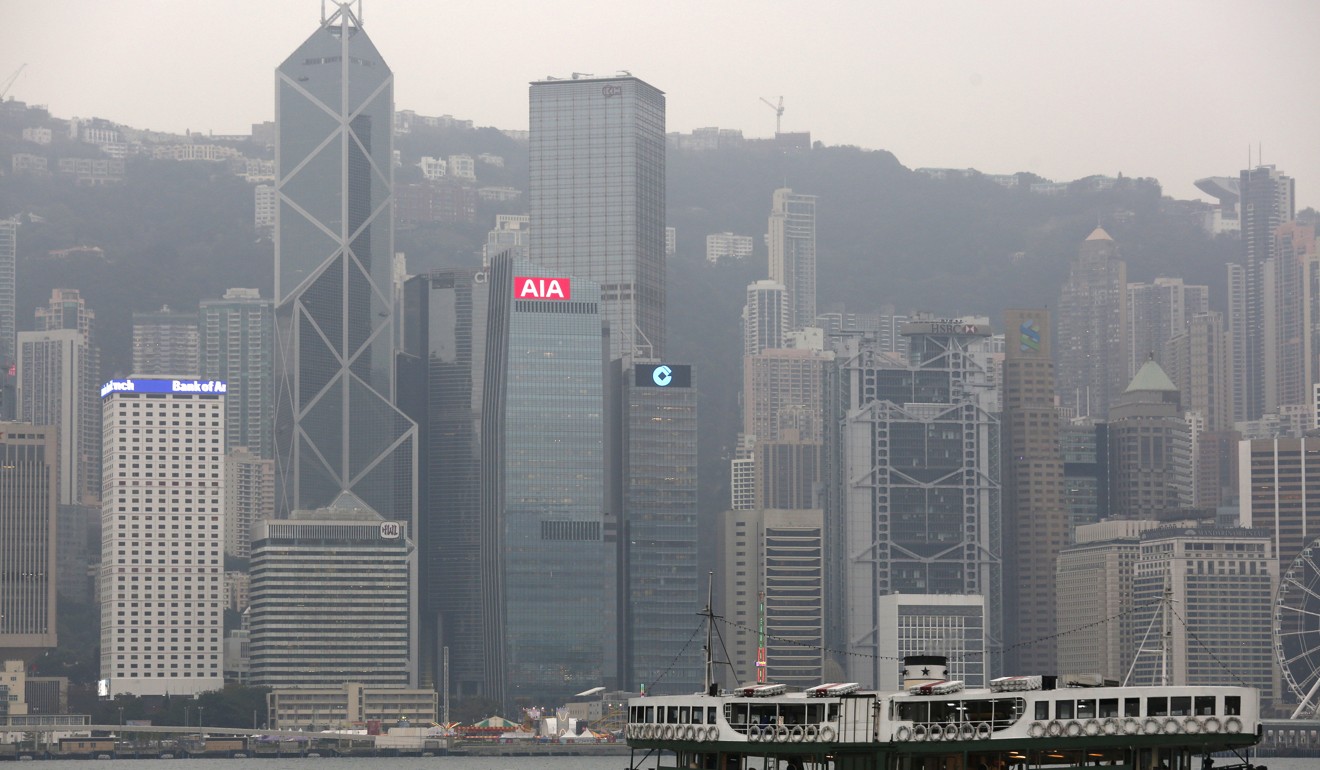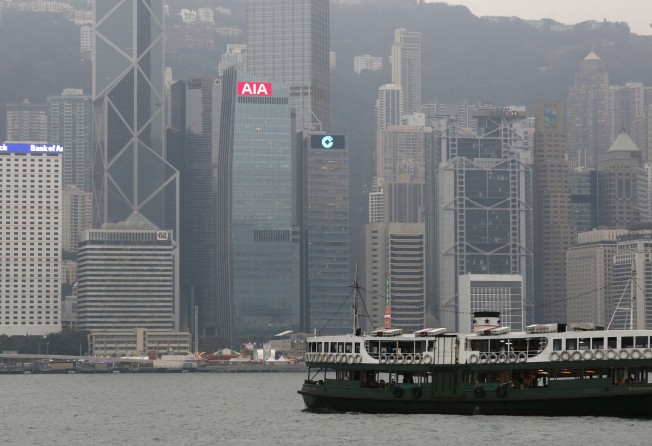
As Huawei row rumbles on, protecting Hong Kong’s status as a world city must be high on Carrie Lam’s agenda
- The city’s leader is in Beijing this week for a duty visit, and the way Hong Kong is perceived overseas is sure to be discussed

Hong Kong claims to be Asia’s world city, but the proud tag sometimes comes with a political burden that can be tough to bear.
People usually see Hong Kong as a melting pot of East and West, thanks to the harmonious blend of different values, cultures and lifestyles. But, the recent diplomatic wrangling between China, the United States, and Canada, over Chinese telecoms giant Huawei reflected how the city’s position can be awkward at times.
With Beijing and Washington in the middle of a 90-day truce to negotiate an end to their trade war, last week’s arrest in Vancouver of Huawei’s chief financial officer, Sabrina Meng Wanzhou, could not be more political. The elder daughter of Huawei’s founder, Ren Zhengfei, was accused of violating US sanctions against Iran.

She was granted bail last Wednesday, but it was just the beginning of another diplomatic conflict behind the trade war, as the US is trying to extradite her to New York, while Beijing has promptly detained two China-based Canadians involved in North Korea-related affairs.
Meanwhile, Meng’s shock arrest catapulted Hong Kong into the international spotlight because of her status as a local citizen here.
It was at such a sensitive moment that Zhang Xiaoming, Beijing’s top man in charge of Hong Kong affairs, gave the city a timely reminder last week “to fully and accurately implement the Basic Law, be a positive factor, rather than turn into a negative one, for the overall governance of the country”.
He passed on the message to a visiting delegation from local pro-Beijing group Friends of Hong Kong Association, headed by the city’s former No 2 official, Henry Tang Ying-yen.
Zhang added that times had changed: Hong Kong’s many connections with the outside world used to be its strength, but now they must extend in two directions – both overseas and mainland China – with the focus on the city’s integration with the country.
Zhang did not specify what in Hong Kong could turn into a “negative factor” for the country, but the Meng case can be quite telling.
The moment her right of abode in Hong Kong was confirmed, the Vancouver court revelation that she was in possession of three Hong Kong Special Administrative Region passports sparked another controversy.
It is not much of a surprise that Meng is a permanent Hong Kong resident, as many mainlanders tending to their businesses here have lived and worked in the city long enough to meet the immigration threshold. But the government faced a barrage of questions as to why she would have three SAR passports.
Some critics made a big fuss, even suggesting it had damaged the reputation of the Hong Kong passport, which currently enjoys visa-free treatment in 163 countries and territories.
Chief Executive Carrie Lam Cheng Yuet-ngor had to break government protocol of not commenting on individual immigration cases, clarifying that Meng had only one valid SAR passport, while the other two were not active but kept for the valid visas they still contained.
The passport controversy is unlikely to snowball further, but Huawei’s alleged business dealings with Iran via Hong Kong are an issue to the US.
So, to Beijing, what happened was alarming enough for it to reflect on this reality: when Hong Kong, as an international city, is open to scrutiny from foreign agencies on its compliance with many international rules – including US regulations – any impact has to be borne by Beijing as well.
It is therefore only natural that during Lam’s duty visit to Beijing this week, the need to maintain Hong Kong as a world city without causing a serious political impact on the wider nation must be on the agenda of her meetings with top leaders.